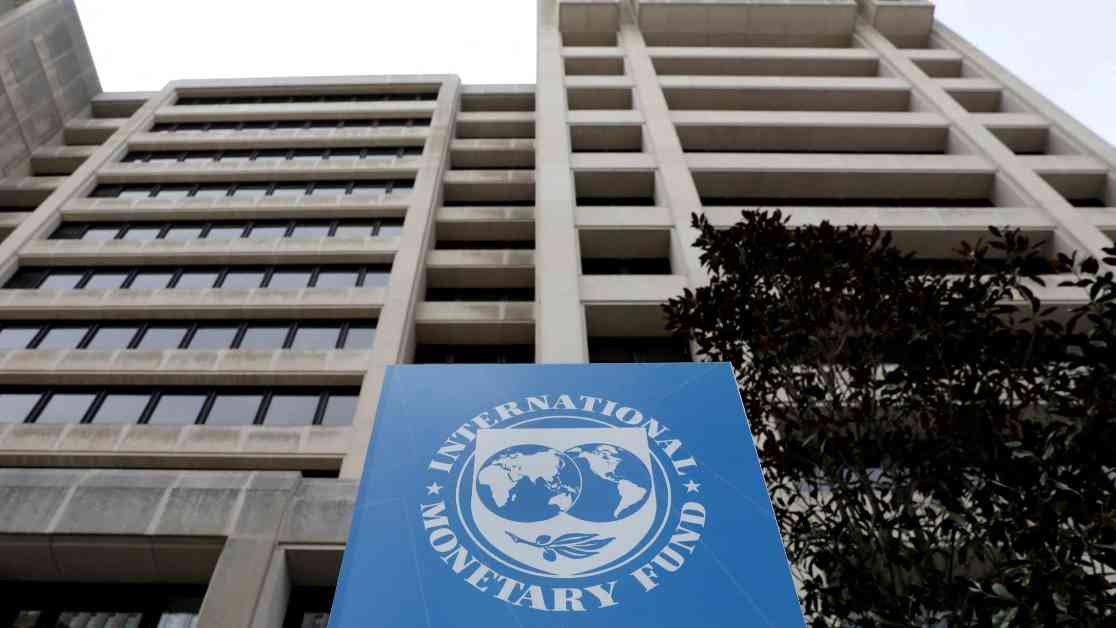Global public debt has reached a staggering $100 trillion in 2021, as reported by the International Monetary Fund (IMF). This significant milestone highlights the growing financial challenges faced by countries around the world, particularly in the wake of the COVID-19 pandemic.
The unprecedented increase in public debt is a cause for concern, as it could have long-term implications for the global economy. Countries have had to borrow heavily to support their economies and healthcare systems during the pandemic, leading to a sharp rise in debt levels.
According to the IMF, the high levels of public debt could hinder economic recovery and growth in the years to come. Countries may struggle to meet their debt obligations, leading to potential financial crises and instability in the financial markets.
It is crucial for governments to implement sound fiscal policies to manage their debt levels effectively. This may involve implementing austerity measures, increasing taxes, or restructuring debt to ensure long-term financial stability.
As individuals, we must stay informed about the state of global public debt and its potential impact on the economy. By understanding these complex financial issues, we can make informed decisions about our own financial health and well-being.
In conclusion, the rising global public debt is a significant challenge that requires urgent attention and action from governments and policymakers. By addressing this issue proactively, we can work towards a more stable and sustainable global economy for the future.






















